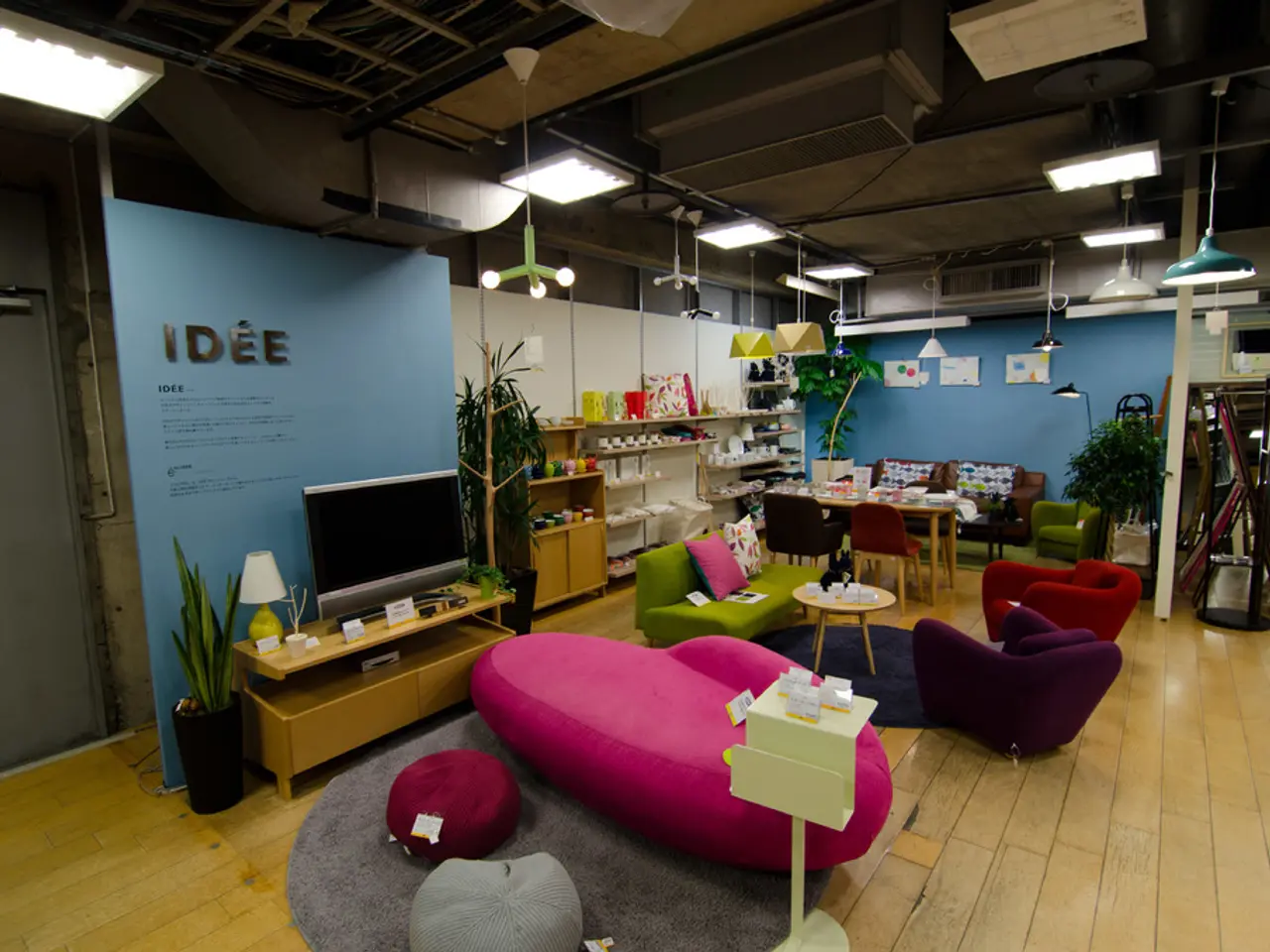Importance of Sound Insulation in Sustainable Home Redesigns
In the pursuit of a sustainable lifestyle, many homeowners are now focusing on more than just energy-efficient homes. A truly sustainable home is one that not only conserves energy but also fosters peace, health, and resilience. Soundproofing plays a significant role in creating such an environment, reducing environmental strain and promoting well-being.
By combining insulation and soundproofing, homeowners can create a tighter, more energy-efficient home envelope. This results in less strain on heating, ventilation, and air conditioning (HVAC) systems, lower energy bills, and a reduced carbon footprint.
Professional soundproofing services take a detailed, technical approach to understanding a home's construction and noise sources. They design solutions that not only quiet a space but also improve energy performance. Choosing the right contractor is crucial, as not all soundproofing companies prioritise sustainability. It's essential to ask about the materials they use, their waste handling practices, and their experience with green projects.
Many traditional soundproofing materials contain volatile organic compounds, which have an impact on the environment. Opt for natural and non-toxic materials such as recycled cotton, sheep's wool, or cork. These eco-friendly materials are not only good for the planet but also offer excellent acoustic performance.
Creating a healthy acoustic environment in your home is an important step for those who want to live more environmentally friendly and consciously, promoting mental and physical balance. Soundproofing can boost a home's energy efficiency, reduce stress, and improve overall quality of life when done professionally, especially with eco-friendly soundproofing services.
Soundproofing not only makes your home quieter but also more comfortable and energy-efficient, helping you save on heating and air conditioning costs. Homeowners can contribute to greener living by investing in eco-conscious soundproofing services and choosing better materials.
When soundproofing your home, prioritise the rooms where silence is essential, such as bedrooms, children's rooms, and home offices. DIY soundproofing fixes often only scratch the surface, while professional services go deeper, treating walls, ceilings, floors, windows, and HVAC systems for comprehensive noise reduction.
Sustainable home improvements, including soundproofing, are becoming increasingly popular due to their potential for lowering energy bills, reducing carbon footprint, and improving comfort. A quiet home is more than a luxury; it's part of a sustainable future.
However, it's important to note that some materials labeled as "eco" or "green" may not be certified as safe for you and nature. Look for certifications like GREENGUARD or FSC to ensure that the materials used in your home are not only eco-friendly but also safe for your family and the environment.
Professional noise insulation services are increasingly preferred in sustainable home renovation because they ensure effective soundproofing that contributes to a better living climate, enhanced comfort, and compliance with environmental and energy efficiency standards, aligning with the goals of sustainability and climate protection.
Noise pollution is a growing environmental issue, particularly in urban areas, and chronic exposure can negatively impact physical and mental health. By investing in sustainable soundproofing solutions, homeowners can contribute to a quieter, greener, and healthier future.
Read also:
- Peptide YY (PYY): Exploring its Role in Appetite Suppression, Intestinal Health, and Cognitive Links
- Toddler Health: Rotavirus Signs, Origins, and Potential Complications
- Digestive issues and heart discomfort: Root causes and associated health conditions
- House Infernos: Deadly Hazards Surpassing the Flames








